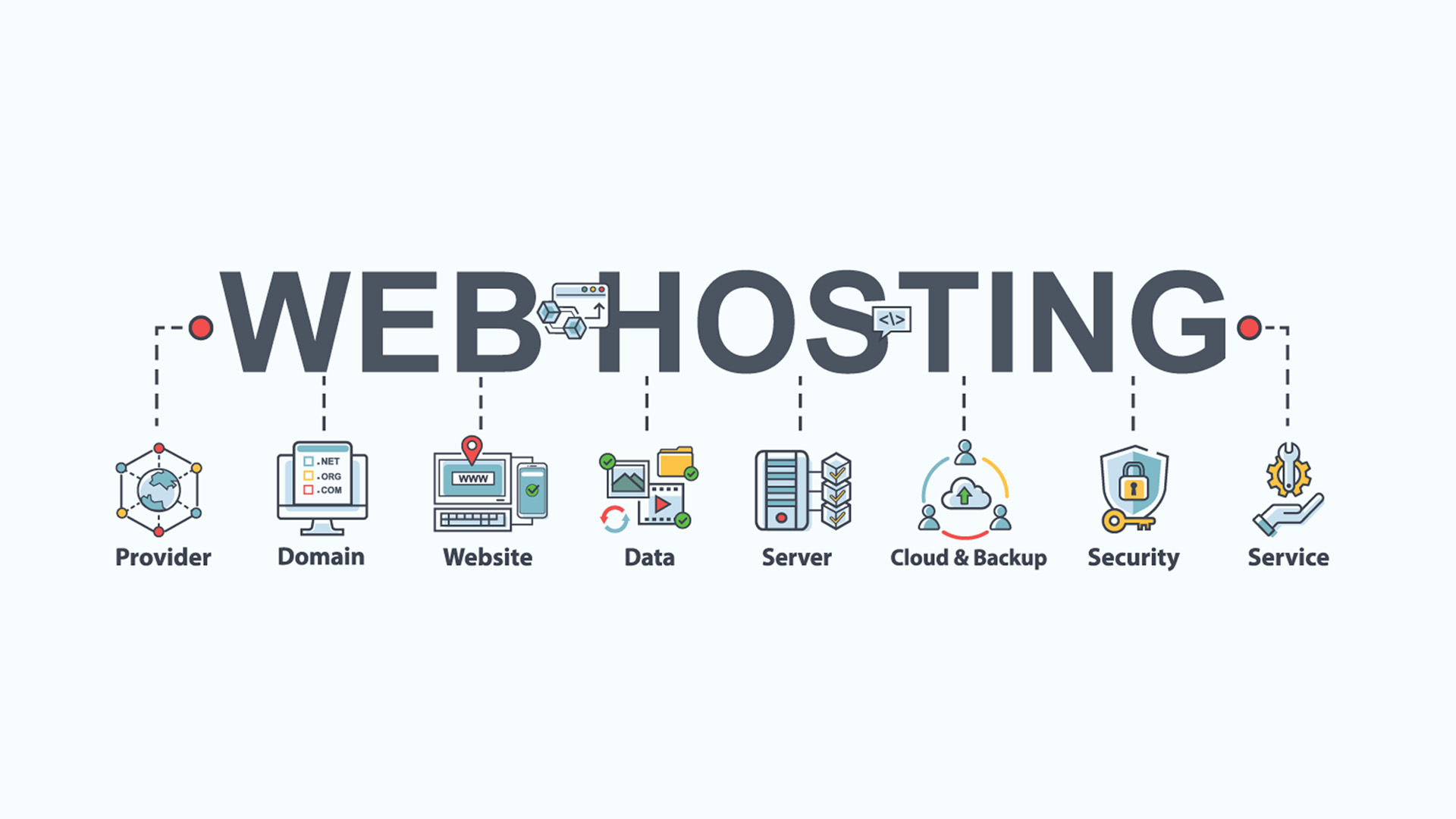Managed hosting is more than just server space to house your website; obviously that’s part of it, but only a very small part.
Managed hosting is designed to give you peace of mind that your website will be online, running smoothly, secure and optimised.
Never again will you or your staff have to log into WordPress, see the dreaded ‘Updates are available’ message and hold your breath whilst you click and pray that the update doesn’t take your whole website down.
Managed hosting offers businesses a virtually hands-free hosting experience; all those back end tasks that you really don’t want to touch get done as a matter of course, and without you even knowing it.
It might include things like:
- SSL certificate
- Regular backups
- Security updates & fixes
- Uptime monitoring
- Performance monitoring & reporting
SSL certificate
We’ve written a whole article on this topic, but in brief, an SSL certificate is a service you subscribe to to keep your website secure. On the front end it gives you that little padlock next to your website URL, and on the back end, its job is to keep an internet connection secure and safeguard any sensitive data that’s being sent between systems (i.e. your user’s computers and your website), preventing criminals from being able to read and modify any information being transferred, including personal data.
Regular backups
It’s imperative that you have at least one backup of your website files, so that in case of an emergency, you can go back to those files and use them to reinstate your website.
For websites that are updated regularly, especially e-commerce and transactional websites that store order data and user-generated content that changes all the time, it’s vital that you have daily or even hourly backups available.
Again – we’ve got a whole post dedicated to the topic of taking regular WordPress backups from way back in 2013 – but the principles remain the same!
Security updates & fixes
WordPress, its themes and plugins, all have software updates that need to be installed regularly. Sometimes this is to add new feature to the software or fix a bug, but often it’s to fix a security hole in the code that’s been found to let hackers gain access to your site, and since hacking is massively on the rise in the past couple of years, it’s never been more vital to keep your WordPress website up to date.
Again – we wrote about this back in 2013 on why updating WordPress is so important, and some tips for doing it yourself, if you’re so inclined.
Uptime monitoring
Uptime monitoring is a facility that ‘pings’ your website every so often and sends out an alert if it isn’t able to reach your website – letting you know as soon as your site goes down so that you can take appropriate action.
Performance monitoring & reporting
Automated performance monitoring can tell you how well your website is performing in terms of page load speeds, and whether there are any simple things you can do to help improve them.
Believe it or not, we wrote a post about on simple ways you can speed up your WordPress website – in 2019 – and the advice still stands true today.
We like to think of our managed WordPress hosting as an insurance policy for your website, because it means that should your website go down there will always be an up to date backup that can be used to reinstate it really quickly.
It’s also a proactive way to look after your website; rather than waiting for something to break, checks are always happening to make sure everything is working as well as it should all the time – because prevention is always better (and more cost effective) than cure!
Our managed WordPress hosting packages include all the things mentioned above, and of course – the place where it started; your website’s home – WordPress hosting – the physical space on a server where your website files are stored.
Our server is super fast, UK based, managed by us and is powered by renewable energy, making it a great sustainable option too. We’re working towards it being totally carbon neutral, but more on that another time.
If you’re like to speak to us about your hosting, please do call us on 0117 230 3322 or visit our contact page.





